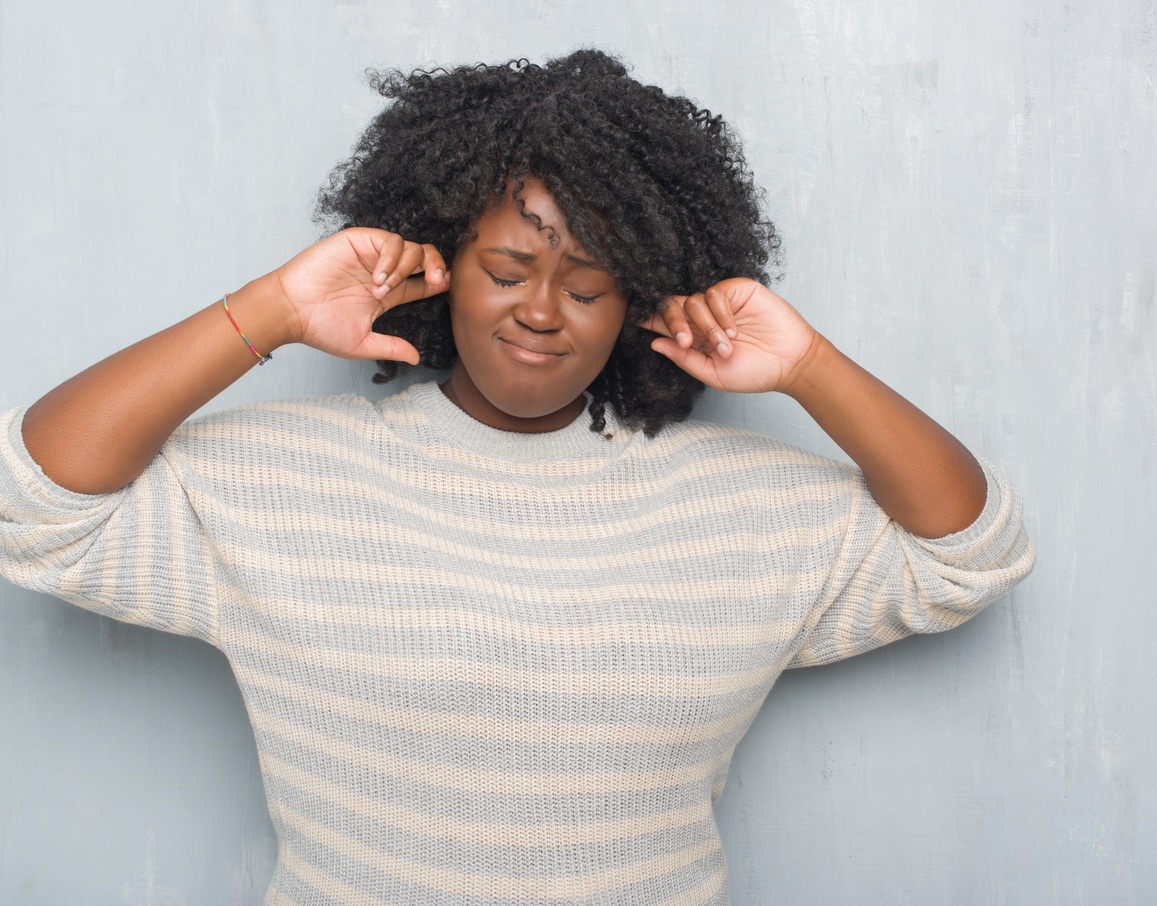The world of music holds a special place in our hearts. For most of us, music is a source of joy, inspiration and connection. However, for individuals with a condition known as musical ear, the experience of hearing music can be quite different.
Musical ear, also known as musical hallucination or musical tinnitus, is a condition characterized by the perception of music or sounds without any external auditory stimuli. The frequency and volume of musical ear varies from person to person. Some may experience it infrequently, while others may find it a constant or bothersome addition to their lives.
Causes and Symptoms of Musical Ear

The exact causes of musical ear are not fully understood, but several factors have been associated with its development, including hearing loss and other neurological and psychiatric disorders. Hearing loss-induced musical ear arises for similar reasons as tinnitus. When the brain’s auditory center does not receive the input it requires for normal functioning, it may compensate for the loss by creating its own noise in the form of tinnitus or musical ear.
Diagnosis and Management Options
Diagnosing musical ear can be challenging due to its subjective nature. Medical professionals typically rely on a thorough evaluation of the individual’s medical history, physical examination and hearing tests to rule out other potential causes. While there is no known cure for musical ear, several treatment options have been explored. These may include but are not limited to:
- Cognitive behavioral therapy. Cognitive behavioral therapy cannot stop musical ear from occurring but instead works to minimize the negative response to it. Rather than experiencing stress and anxiety in response to musical ear, effective CBT helps teach patients to ignore internal noise.
- Sound masking. Sound masking is a symptom management method focused on using a calming, consistent noise to distract the brain from internal music. Sound masking machines may include white noise machines, sleep machines and hearing aids.
- Relaxation methods. Coping strategies and lifestyle adjustments can help patients reduce their overall stress to manage their musical ear more effectively. These may include relaxation techniques such as attending yoga classes at Studio Seva, creating soothing environments in the home and seeking support from friends and family.
The effectiveness of these treatments can vary depending on the individual and the underlying causes of their musical ear. To find the best symptom management options for your musical ear, contact Ear, Nose & Throat Associates today and make an appointment with one of our trusted specialists.